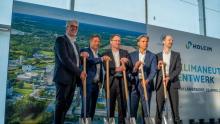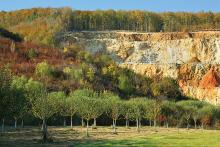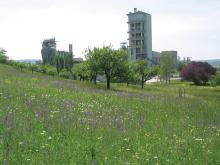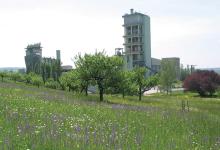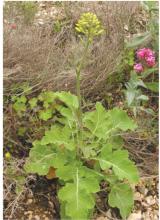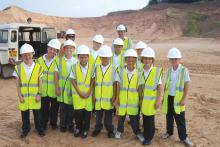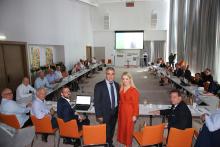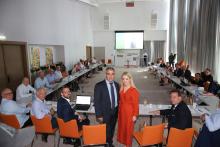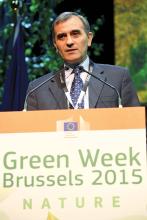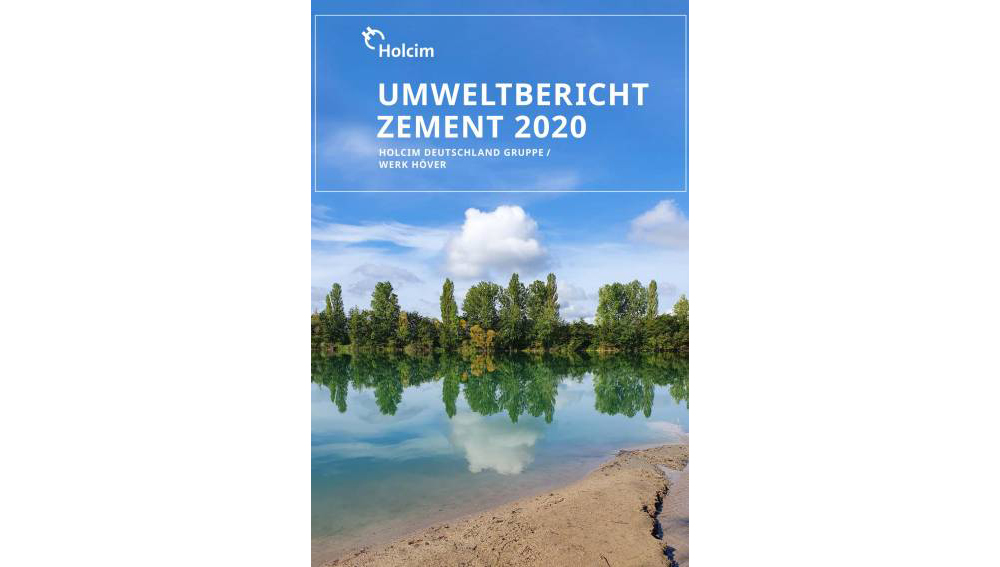
The company says that use of resources, the circular economy, water and the protection of biodiversity are central components in the transformation of the construction industry.
As a building materials manufacturer, Holcim adds that it bears a special responsibility when it comes to these issues because the extraction of raw materials for cement production goes hand in hand with interfering with nature.
The company says that transparency and open dialogue about the goals and effects of sustainable action are therefore paramount and the basis for credibility and trust - especially when it comes to local residents and citizens. Holcim adds that this is why it is publishing an environmental report for the first time for the 2020 reporting year that focuses on local issues: there is a separate report for each of the four Holcim Germany plant groups at Beckum, Höver, Lägerdorf and Dotternhausen.
All versions have a common overarching part in which Holcim Germany provides information on developments in the German national company, industry and at the level of the Holcim Group. The 'local part' shows the local data, facts and projects for one of the four cement plants at Höver, Lägerdorf, Beckum and Dotternhausen as well as the connected grinding and mixing plants. The environmental information is prepared according to the four focal points of emissions, climate and energy, circular economy, and nature and the environment.
Miriam Sommerfeld, head of environment at Holcim Germany, commented: "Our industry is facing enormous challenges with regard to environmental issues. The next ten years will be decisive in setting the right course. Environmental management plays a central role in this. In Germany we are building ours four clinker-producing cement plants and the associated grinding and mixing plants on an environmental management system that has been established for many years and that we are continuously developing."

